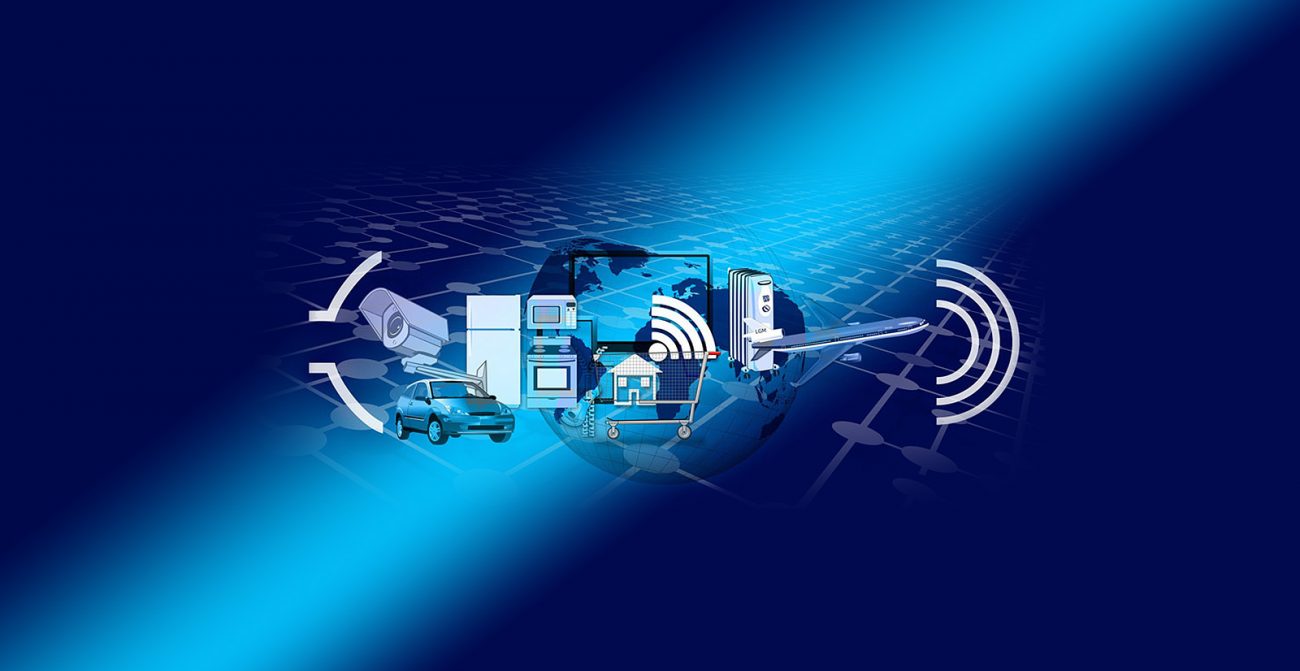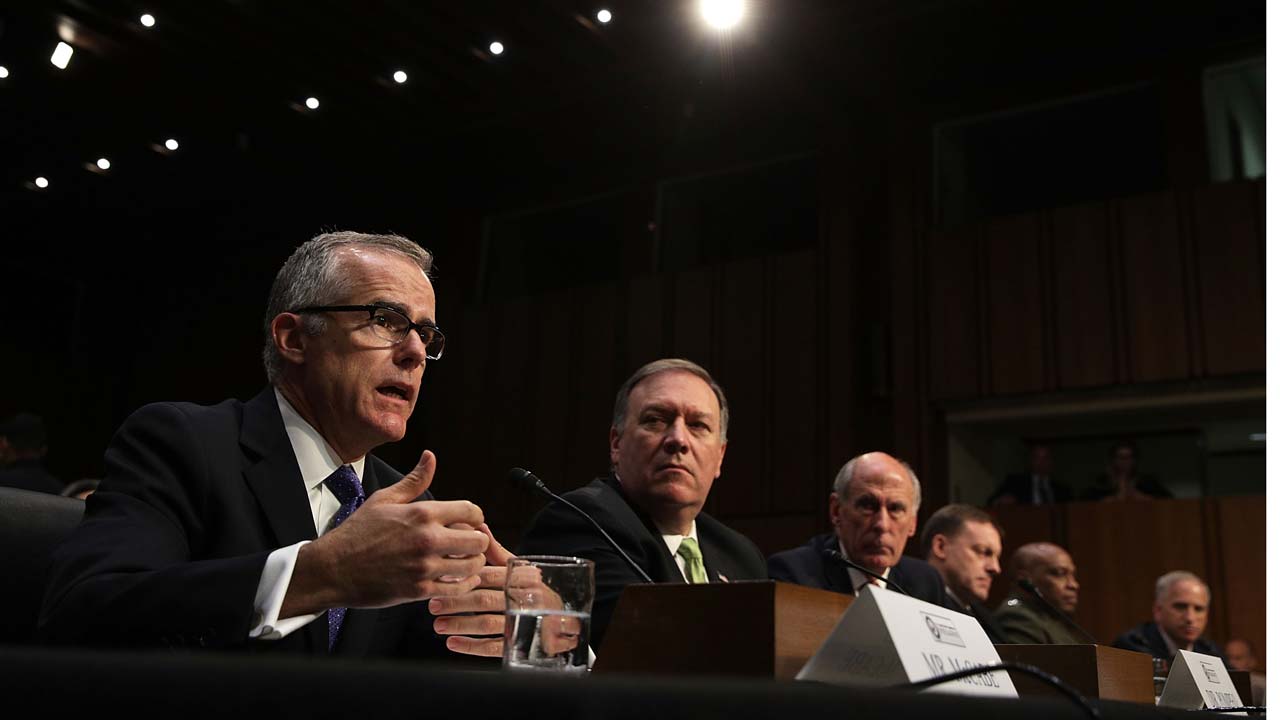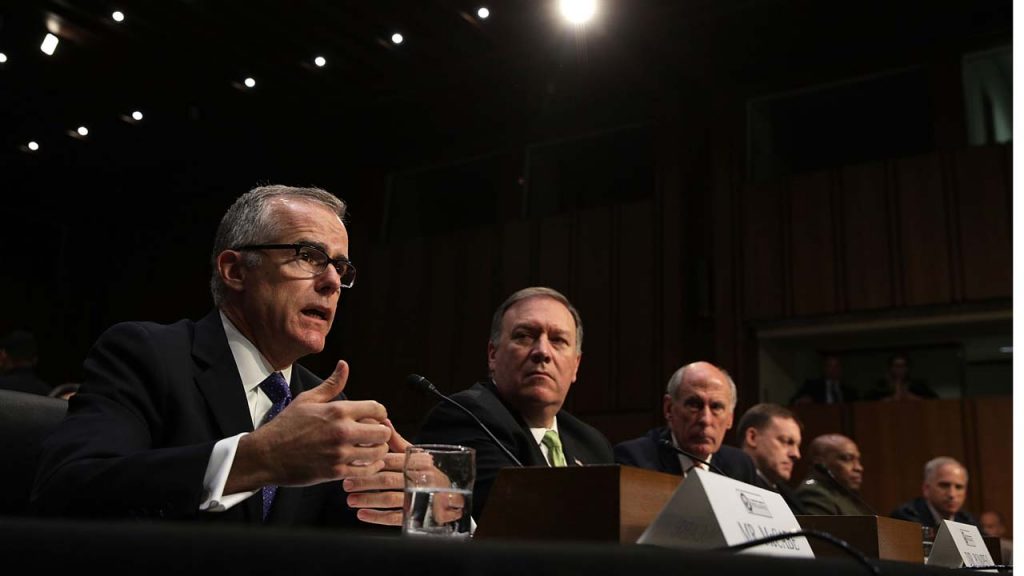The increased attention to cybersecurity has never been more evident. We use dozens of apps, services, and digital products daily for work, learning, relaxing, enjoying, meeting people, etc. Naturally, we need to protect each such activity and guarantee that our information and identity do not get compromised.
Online services have become increasingly sophisticated, gathering and analyzing complex data to deliver the most personalized experience possible. However, this also means that there’s an increasing number of threats people face online. Furthermore, many users question whether it is ethical to use certain users’ information for personalization.
In 2021, many types of cyberattacks increased, and we see a similar trend in 2022. Sadly, we can expect similar growth beyond 2022. In other words, we need to pay attention to security as individuals and organizations. Luckily, there are solutions we can all use if we want to.
Today we will introduce cybersecurity mesh and how it can help.
Cybersecurity mesh defined
Cybersecurity mesh is a strategy that secures all devices within its network independently while using unique perimeters like network security tools and firewalls. Many security strategies adopt a single perimeter for securing the entire IT infrastructure, while cybersecurity mesh has a holistic approach. According to Gartner, businesses integrating mesh architecture can potentially minimize the financial damages of security incidents by 90%.
This approach has grown in popularity because of the increased number of cloud solutions and remote work since they include many scattered devices in different locations. That has led to other data access, new technologies, and control policies.
A cybersecurity mesh needs user-focused and new endpoint solutions to secure all individual machines. Setting up a single solution to protect all the devices in your network is no longer possible. All devices need to be authenticated to ensure complete security across the network.
Companies use various solutions to secure individual devices as well as all their environment endpoints:
Monitoring tools to detect threats.
Remote access gateways that limit users based on privilege.
Virtual Private Networks for protecting data and communications.
Wipe tools for securing lost endpoints.
Data and disc encryption solutions.
User identity verification, including multi-factor authentication.
Benefits of using a cybersecurity mesh
Here are some of the top advantages of using a cybersecurity mesh architecture:
Less demographic bias
Many companies use document-centric strategies to recognize spoofing. The increased remote work has also increased gender, race, and other biases within the online work environment.
That might cause many problems for companies worldwide, and they will pressure identity-proofing organizations to give evidence about minimized biases.
Improved identity data management
Many companies struggle to ensure assurance and privacy because they have centralized identity data management. Mesh models combined with blockchain technology provide a decentralized approach for better privacy while requiring minimum information for validating users.
Using a standardized cybersecurity mesh in a decentralized fashion gives companies more visibility as they can monitor all the traffic coming in or out and recognize threats before they harm your network. It allows companies to respond more quickly in case of attacks or incidents.
Using multiple solutions that work in cohesion increases efficiency and reduces complexity while reducing management costs. On top of that, this also lets organizations add new security layers without disrupting existing ones, leading to improved scalability.
Improved security testing and compliance
Security and compliance are crucial for any company using an IT infrastructure, especially when there are robust security and compliance testing stages. Still, companies often miss major security concerns and don’t prepare for them until they’ve been breached.
That often happens because of manual security system deployment. Cybersecurity mesh lets companies quickly check compliance and security issues and allow security departments to be involved during the whole process with automated solutions at their disposal.
Increased productivity and safer work environments
All networks face a constant threat of cyberattacks. Compromised systems and individual devices hinder your productivity and lead to costly replacements that cause downtime and increase costs. Viruses can impede the performance of devices and make them unproductive.
When you consider that most networks have individual devices that rely on each other to complete processes, it becomes clear how unique failures can hinder business operations. Cybersecurity mesh keeps your security system operational and your devices safe for optimal performance.
For instance, many people already get a VPN for Windows to safeguard their work or personal computers. A Virtual Private Network encrypts internet traffic and guarantees safer access to online resources. Besides computers, such security software should also be installed on smartphones or other compatible devices.
Promotes consolidation for denying adware and spyware
A good IT security solution will protect your whole organization from various threats. Companies use content filtering solutions, wireless security tools, anti-spam protection, anti-virus software, firewalls, etc.
Spyware is one of the threats constantly causing issues to organizations as they track activity and report to hackers, allowing them to use this information to exploit weaknesses in your network. Quality cybersecurity mesh solutions can protect computers from spyware by doing what it does and keeping your operations more confidential and discreet.
Conclusion
The cybersecurity mesh strategy is reinventing enterprise digital security. We expect to see a growing number of enterprises using this approach as a standard, significantly since remote work is still growing. Physical security is another challenge without a proper answer – this approach can also help.








